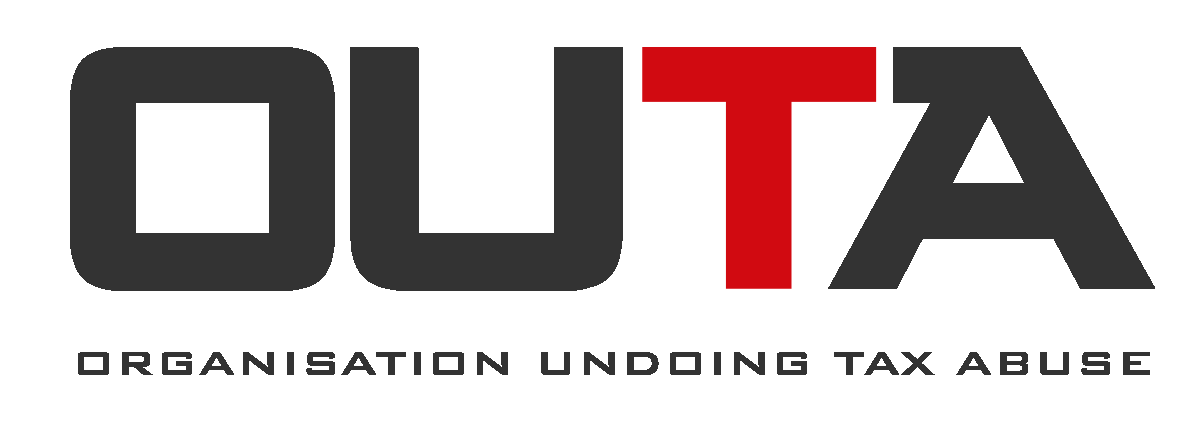E-tolls cannot be resurrected
The Organisation Undoing Tax Abuse (OUTA) is once again willing to assist government in finding legitimate solutions to end the e-tolls impasse. This comes after a social media spat between Finance Minister Tito Mboweni and Gauteng Premier David Makhura shone a spotlight on the failed scheme yet again.
Early in the e-toll saga, OUTA suggested that the bonds for the Gauteng Freeway Improvement Project (GFIP) should be funded in the same way that SANRAL funds over 18 000 kilometers of its non-tolled network, through allocations from Treasury and if needed, via a ringfenced fuel levy increase of 10c per liter at the time of launch. Had this been done at that time, the capital value of the the project would have already been raised. However, Government’s determination to legitimise a grossly ineffective and irrational scheme has resulted in billions of rand in debt for SANRAL.
OUTA proposes the following solutions to settle the debt:
1. Renegotiate the debt with the PIC.
2. End the collections contract with Electronic Toll Collections (ETC), as this is a massive and unnecessary cost.
3. Reassess the Budget to include allocations by National Treasury towards the debt, including a possible allocation from the fuel levy.
4. OUTA believes that SANRAL may be owed more revenue from the profits made by the three main toll concessionaires on long-distance tolled routes. OUTA urges Treasury to investigate these contracts and reclaim funds owed to SANRAL.
OUTA heeds the President’s call made to civil society in his State of the Nation Address to join government in finding practical solutions.
“Government needs to engage with civil society if it wants to do what is in the best interest of its citizens. By contradicting each other publicly, they are embarrassing themselves and are doing little to restore the public’s confidence in their ability to lead,” said OUTA CEO, Wayne Duvenage. “The main reason this scheme has failed is due to the lack of trust citizens have in our government on the e-toll decision. The public are fully aware that this infrastructure must ultimately be paid for by society, but we are not willing to pay for grossly inefficient systems that have extremely high administrative costs and which are being used to fund collusion that led to excessive road construction costs.”
Some reasons for the scheme’s failure:
1. SANRAL’s poor research and an appalling approach to the scheme’s launch gave rise to a substantial loss in public support and trust, without which the scheme stands no chance of relative success or revival.
2. The e-toll scheme’s success relies on an accurate and efficient national vehicle registry system. Thus far the eNatis system has proved to be inaccurate. OUTA routinely receives calls relating to these inaccuracies regarding cloned number plates and incorrect registration details.
3. The scheme offers no explanation for the high costs of administration that were contracted to ETC. The repayment of a R21.5-billion bond for the GFIP bonds over 20 years would have equated to about R2.6-billion a year. And yet the five-year contract awarded to the Austrian-owned Electronic Toll Collections company amounted to R8.2-billion (or an average of R1.6-billion a year), for the administration portion of the scheme. That’s an extra 61% fee on top of the financing costs of the project.
